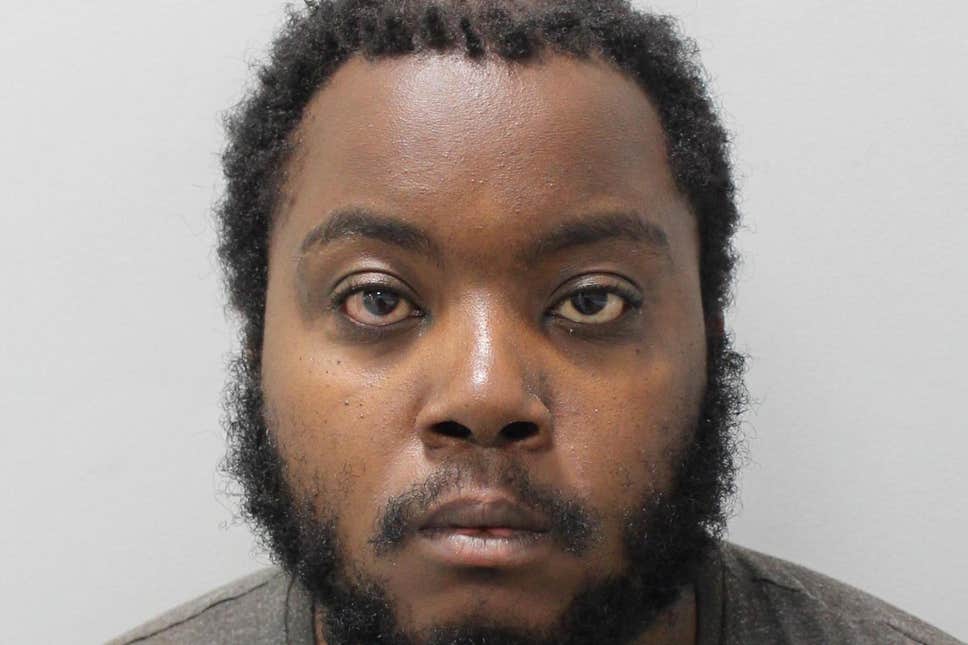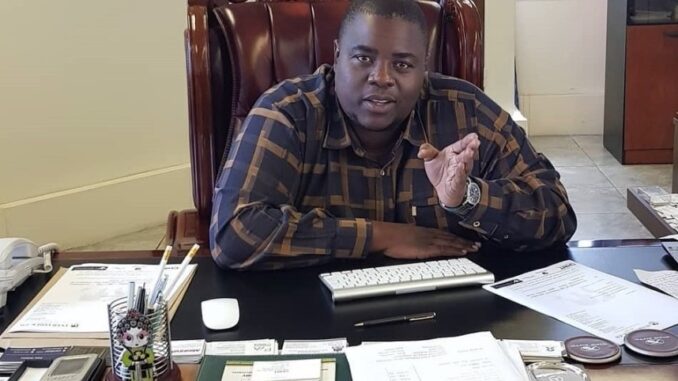Zimbabwe’s three higher courts are saddled with a 14 576 case backlog from the 2014 legal year, most such cases being from the High Court where some judges were criticised for laziness by Chief Justice Godfrey Chidyausiku on Monday.
The High Court’s civil and criminal divisions for both Harare and Bulawayo brought forward 14 270 cases — including appeals from the magistrates courts — into 2015.
The Supreme Court’s backlog is at 187 cases, while the Constitutional Court has the least pending cases at 119.
The three courts had a combined 35 695 cases brought before them last year.
While officially opening the 2015 legal year on Monday, Chief Justice Chidyausiku said some of the High Court judges were so lazy that they managed to write only two judgments for the whole of 2014, compared to others who wrote as many as 72.
Chief Justice Chidyausiku named only five High Court judges as top performers for the 2014 legal year.
He said such poor performance called for new judges to be put on probation before being confirmed, as a way of improving the quality of the justice delivery system.
Chief Justice Chidyausiku could not hide his disappointment while disclosing that another judge only wrote three judgments, while two others wrote six and 11 judgments, respectively the whole of last year and this left him with mixed feelings about the general performance of the judges.
He commended Constitutional Court and Supreme Court judges and magistrates for being on top of the situation and managing the increasing cases filed last year despite being understaffed.
Magistrates courts entered 2014 with a backlog of 49 000 cases, but managed to reduce it by the end of the year to only 2 000 without getting additional staff.
The Law Society of Zimbabwe said in a statement yesterday that while welcoming Chief Justice Chidyausiku’s censuring of the under performing judges, they expected him to spell out specific action to be taken against them.
“The Chief Justice is lauded for openly denouncing neglect of duties particularly by some senior members of the judiciary,” said the LSZ.
“However, the LSZ would have been happier if the Chief Justice’s speech had come stronger on how such neglect or failure to perform as reasonably expected will be dealt with.
“The LSZ calls upon the Chief Justice to go beyond merely denouncing such conduct. He ought to come up with concrete measures to deal with errant judges, particularly in the light of the Judicial Code of Conduct which prescribes time frames for finalising matters. This is crucial as it will address the issue of public confidence in the system.”
The LSZ also said it was important that Chief Justice Chidyausiku was “truthful and candid” in his speech.
“The Chief Justice gave praise where it was due, but was equally scathing in his attack on non-performers whom he felt had no excuse for their non-performance,” said the LSZ.
“As a stakeholder in the justice delivery system, the LSZ believes that such an approach is progressive as it correctly informs on appropriate strategies to be adopted.”
Lawyers who spoke to The Herald yesterday expressed concern over the backlog saying it was a clear case of “justice delayed, was justice denied.”
Prominent lawyer Mr Terrence Hussein said backlogs undermine the confidence the public has in the legal system.
“People have faith in the court systems and that faith comes from the fact that the person expects that when he throws himself at the mercy of the court, the court will expeditiously deliver justice,” he said.
“Due to backlog, the public loses confidence and resorts to other methods of resolving their disputes.”
Mr Hussein said the courts should have enough resources to enable the judges to discharge their duties.
“The more resources the courts will have at their disposal, the better equipped they are to discharge their obligation to the public,” he said.
Another lawyer Ms Belinda Rupapa said it was unfortunate that some judgments were taking too long to be delivered and would come after the litigants are dead.
“Due to backlogs, sometimes the subject matter would have been overtaken by events, for example cases involving the Zimdollar era, hence justice must be seen to be done,” she said.
Mr Jonathan Samukange, another Harare lawyer, said some parties were bound to lose interest in their cases due to the backlog.
But he said it was not only judges responsible for the backlog as some of his learned colleagues were also to blame.
“It is not correct that backlog is caused by judges or magistrates only,” he said. “Lawyers also contribute when they go and ask for postponements of their cases against the interest of their clients.
“Today (yesterday) I was at the High Court and in the court I was in, four matters were set down but of the four, three were postponed at the request of the lawyers and the judge actually questioned them on how he would write his judgments if they kept on postponing the matters.”
Other lawyers said there was need to adequately staff the courts to avoid judges and magistrates being overloaded with cases.
They said there was also need to adequately remunerate the court presiding officials to attract those who are highly qualified and retain those with experience.






